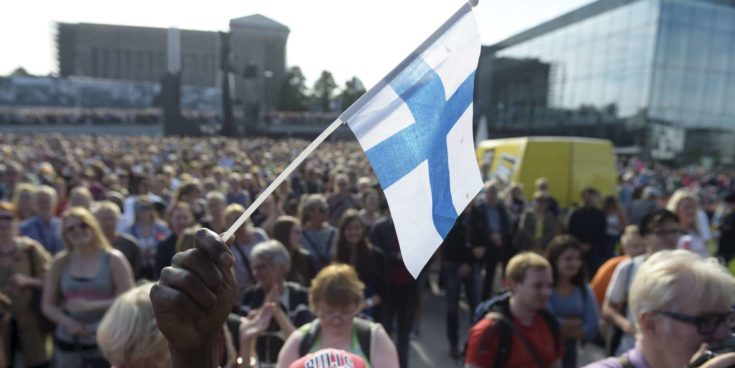
Many Asian countries are abstaining from demanding that Russia ends its assault on the Ukraine. So, what has this got to do with Finland and why the coined ‘Finlandisation’? A news report from the Gulf Times explains.
“Finlandisation” describes the commitment to strategic neutrality that a small country might make, in order to avoid provoking a much larger and more powerful neighbour. The term is derived from Finland’s longstanding policy of strict military non-alignment with either the Soviet Union or the West – a policy that it maintained vis-à-vis Russia after the end of the Cold War but that its recent application for Nato membership has upended. But even as Finland abandons Finlandisation, many Asian countries may well be set to adopt it.
Unlike Finland and its European partners, most Asian countries have refrained from vocal or vociferous condemnations of Russia’s war on Ukraine. Of the 35 countries that abstained from the United Nations General assembly’s March 2 vote on a resolution demanding that Russia end its invasion of Ukraine, 11 were in Asia.
Two of those abstaining countries were large powers: China and India. For China, the decision to abstain may have been less about Russia, with which it signed a co-operation agreement just weeks before the invasion, than about the West. China’s leaders harbour plenty of scepticism about Western values, and they fear the weaponisation of Western-led international institutions. If China decides to invade Taiwan, it hopes to avoid the high international costs Russia has incurred over its aggression in Ukraine.

India, for its part, probably abstained because of its longstanding ties to Russia. India led the Non-Aligned Movement in the 1950s and the 1960s – a period when it also pursued Soviet-style socialist economic policies. India abandoned those policies in the early 1990s – around the same time communism was collapsing in Europe – but has continued to rely on Russia for military supplies, including warplanes and tanks. Given the importance of these supplies, India cannot afford to alienate Russia, despite the Kremlin’s increasingly close partnership with China, which has been waging a stealth war with India in the Himalayas.
The other abstaining countries – Bangladesh, Kazakhstan, Kyrgyzstan, Laos, Mongolia, Pakistan, Sri Lanka, Tajikistan, and Vietnam – are even more likely to be replicating a version of Finlandisation, reflecting pressures from Russia and China. Meanwhile, Japan and South Korea remain the West’s front line in the region, confronting threats from both powers, along with North Korea (which voted against the resolution).
Source: Gulf Times

